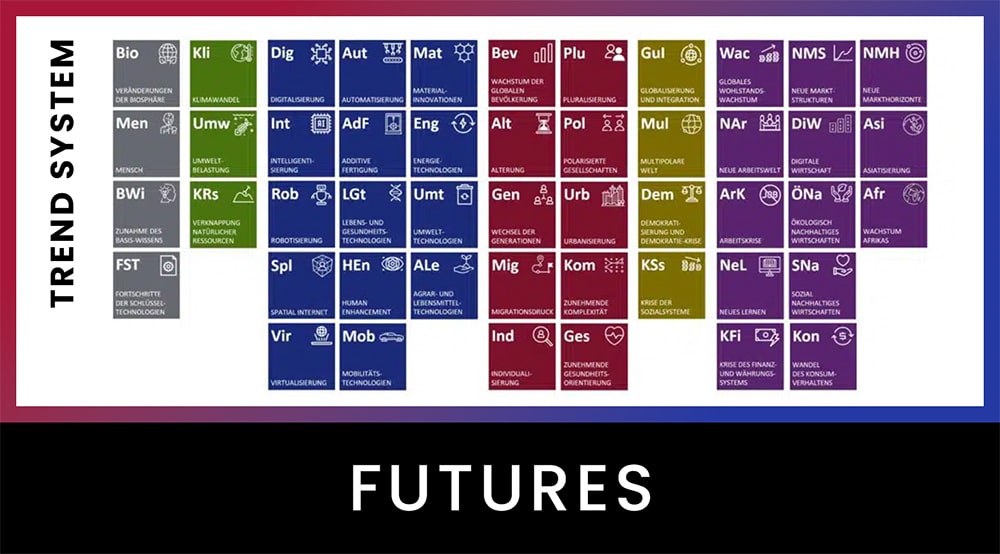Europe stands at a crossroads. Despite its excellence in research, engineering, and industrial strength, the continent risks falling behind in the global race for breakthrough technologies. The latest McKinsey report shows that if Europe fully ignites its “deep tech engine” — by strategically supporting startups in areas such as advanced materials and nanotechnology, biotechnology, food and agtech, defense tech, future computing, novel AI, new energy technologies, robotics, and space — it could create up to one trillion US dollars in additional value and one million new jobs by 2030.
For now, however, Europe is holding itself back: fragmented markets, limited growth capital, complex regulations, and a lack of major success stories that attract international investors. Other regions — above all the United States — are scaling deep tech ideas much faster.
McKinsey identifies six key levers to ignite Europe’s innovation engine:
Access to capital: Improved availability of private and public funding, including growth funding, debt financing, and late-stage investment.
Exit opportunities and liquidity: Enhanced exit options through clear regulatory frameworks for capital markets and the development of active secondary markets.
Regulation and policy: Innovation-friendly and simplified regulation combined with streamlined bureaucracy.
Demand and customer interest: Stronger demand from industry and government, for example through a greater willingness to purchase deep tech products, foster collaborations, and establish advance purchase agreements (take-off agreements).
Research infrastructure and know-how: Shared research facilities and more effective technology transfer — for example through tech transfer offices — between universities and industry.
Talent development: Attracting and nurturing talent through attractive working conditions and simplified procedures, such as streamlined visa processes.
For business leaders, this topic is highly relevant: deep tech will redefine Europe’s industrial competitiveness — from manufacturing to energy and healthcare. Those who form partnerships with deep tech startups today or build their own ventures are not only helping to shape Europe’s technological sovereignty but also securing the growth fields of the next decade.




































